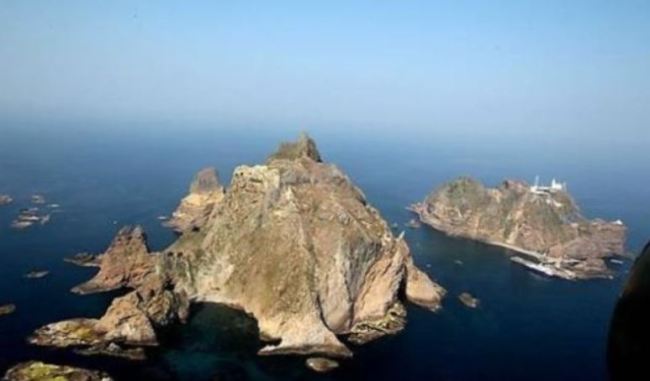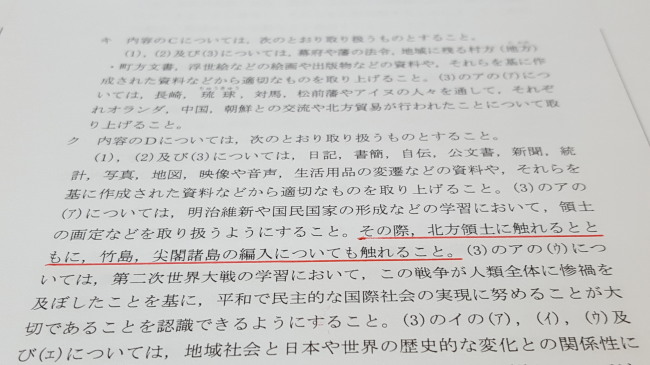South Korea’s Education Ministry on Friday strongly protested Tokyo’s decision to revise its high school curriculum guidelines to teach all Japanese students that the disputed islets of Dokdo belong to Japan.
“The Korean government requests for an immediate removal of the new guidelines,” the Education Ministry said in a statement, adding Dokdo is South Korea’s inherent territory historically, geographically and in the eyes of international law.
“We make it clear again that any provocation on this matter will be dealt with sternly.”
 |
| Dokdo (Yonhap) |
Korea‘s Foreign Ministry, meanwhile, called in Yasumasa Nagamine, Japanese Ambassador to Korea, and protested Tokyo’s decision over its high school curriculum.
Under the newly approved guidelines, which were applied to Japan’s elementary and middle schools last year, Japan‘s high school students will be taught that the islets are Japanese territory. The guidelines will be distributed to high school teachers in Japan from 2022.
“We strongly denounce Japan’s recent move which justifies Japan’s (past) colonization (of Korea),” South Korea’s Education Ministry said in a statement.
In 2016, Tokyo approved a set of updated high school textbooks including those with strengthened claims to Dokdo, stating the islets are Japan’s territory although they are “occupied” by South Korea. Previously, Japan’s textbooks stated that there is a “dominium issue” with South Korea over the islets.
 |
| (Yonhap) |
On Friday, Tokyo announced its approval of the latest revised guidelines for the nation’s high school teachers. Japan’s current guidelines for teachers at high schools, last revised in 2009, encourage teachers to teach about Japan’s territorial disputes, but does not have a specific instruction on Dokdo, known as Takeshima in Japan.
Japan’s curriculum guidelines are typically revised every 10 years and have a legal effect. They are being used by Japanese teachers in elementary, middle and high schools as standards on what materials should be covered in classrooms.
Japan incorporated Dokdo as part of its territory in 1905, before colonizing the entire peninsula. South Korea has been in effective control of the islets, with a small coast guard posted there, since liberation from Japan in 1945.
By Claire Lee (dyc@heraldcorp.com)

